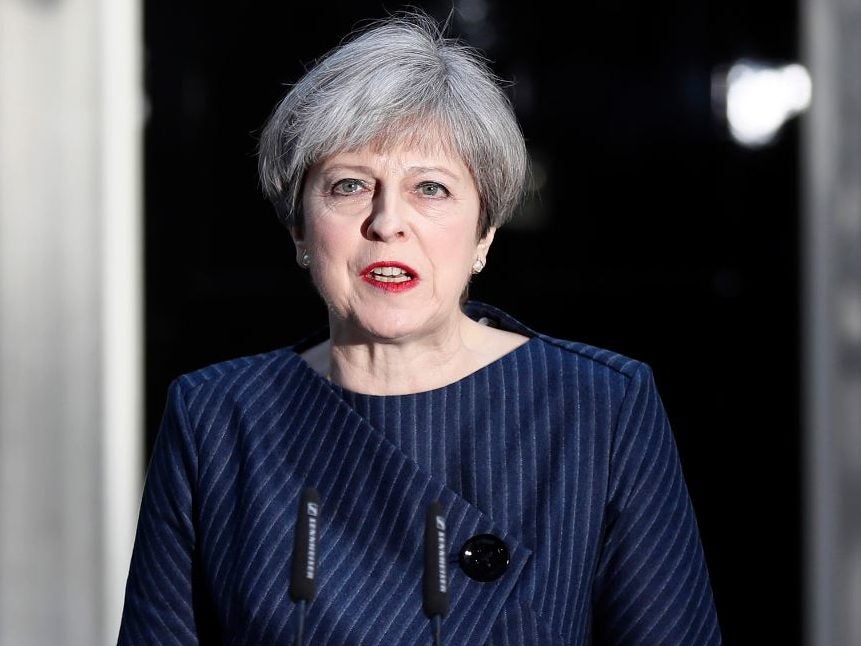
Prime Minister Theresa May has said she favours meeting voters face to face over taking part in televised debates.
This would be the first UK general election since 2010 when a party leader has refused to take part in a TV debate.
It reflects the received wisdom that clear frontrunners have little to gain from taking part in a such a high-profile, and high-risk event. The Conservative Party is currenty more than 20 percentage points ahead of Labour in the opinion polls.
May told Radio 4’s Today: “We won’t be doing television debates.
“I believe in campaigns where politicians actually get out and about and meet with voters.
“That’s what I have always believed in, it’s what I still believe and I still do it – as Prime Minister, as a constituency MP, I still go out and knock on doors in my constituency.
“That’s what I believe in doing, that’s what I’m going to be doing around this campaign.”
David Dimbleby, who hosted debates on the BBC in 2010 and 2015, said the “perilous” stance could backfire on the PM.
He told Radio 4 yesterday: “I don’t think other parties will refuse to take part in debates, and I wonder whether Number 10 will stick with that, because it may look a bit odd if other parties are facing audiences and making their case.
“When you are trying to say ‘I speak for Britain’, you’ve got to get out there and listen to what Britain says back to you and argue your case.
“I don’t think you can just stand aloof from it, I think people would look down on that rather.”
Research by Yougov after the 2015 general election found that 68 per cent of voters turned to TV for news coverage of the campaign, versus 52 per cent newspapers and 33 per cent radio.
A Panelbase survey reported by the BBC found that 38 per cent of voters were influenced by the TV debates in the run up to the 2015 general election.
It found that 62 per cent said TV coverage had the most influence over their vote versus 25 per cent – newspapers, 17 per cent – websites, 14 per cent – radio and 14 per cent – speaking to family and friends.
Picture: BBC
Email pged@pressgazette.co.uk to point out mistakes, provide story tips or send in a letter for publication on our "Letters Page" blog
